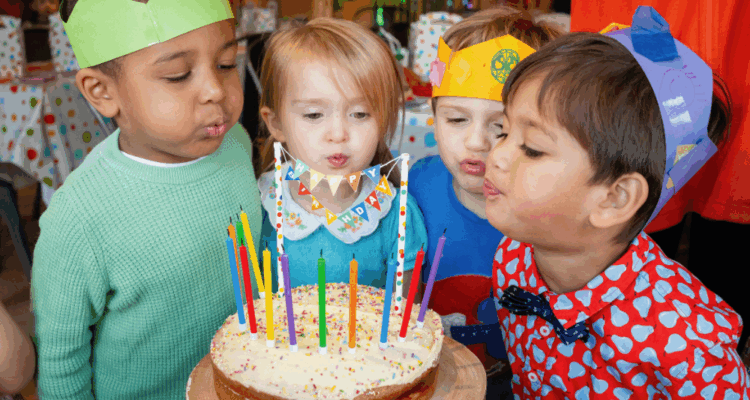No to Age Banding?
Sam Shipman works with school children, looked-after children and those excluded from school as part of The Reader Organisation's Get Into Reading project. As well as working with groups of children in community centres and schools, she delivers invaluable one-to-one sessions. Here she discusses the contentious issue of banding children's books by age.
By late Autumn this year many publishing houses will be putting ‘age bands' on their children's books, so in the future you could expect to see the shelves in bookshops and libraries stocked with books carrying recommended reading ages on them such as 7+, 9+, and 11+. The scheme is proposed as a way to help adults choose books for children, but is this really the best way of doing this? Bookstores and libraries already separate children's literature into age ranges such as 9-12 and Teen to help us find appropriate books; printing ages on the front of books is unnecessary. The question we need to ask ourselves is what effect will age banding have on the young people reading the books? I believe in many cases it will have a negative effect; instead of boosting reading amongst young people, and increasing sales of books - as publishers hope - it will in fact do the opposite.
Why tell struggling and dyslexic readers that they are reading books aimed at much younger children? I work with a 13 year-old boy who is currently enjoying a book that publishers will probably label as 9+, how would he feel if he knew? He would probably feel deflated and embarrassed. What he had previously recognized as a great achievement would suddenly shrink because the book that he has come to love and respect would be telling him that he should have read it when he was 9. The boy's new enthusiasm for reading could quickly be buried under feelings of shame and inadequacy.
J, foster carer of 5 young people said of the proposed age banding, ‘I think it is ridiculous, children are all different and read at different levels, it will destroy the confidence of struggling readers.'
Here at The Reader Organisation we see reading as socially inclusive, a book can bring people together and foster a sense of community. It is because of this belief in inclusion that I agree with Philip Pullman when he says: "Declaring that a book is for any group in particular means excluding every other group, and I don't want to exclude anybody." Do we want to divide our children so clinically into groups of readers by age or do we want to keep the pages of books open to them as they were to us?
Many writers, librarians, illustrators, teachers, and booksellers oppose this proposal and have joined together to form a petition led by Philip Pullman. Visit the wesbite to find out more.
Posted by Sam Shipman
Share
Related Articles

Celebrating 10 years of The Storybarn with an even bigger end of summer family festival
The UK’s biggest Shared Reading charity will be marking the end of the summer holidays and a major birthday milestone…

August’s Monthly Stories and Poems
Summer can be a time to reset, giving ourselves pause before life picks up pace again in the later months…

July’s Stories & Poems
As the season is now in full swing, we are celebrating summer days and sunshine in July’s Monthly Stories and Poems pack.…


